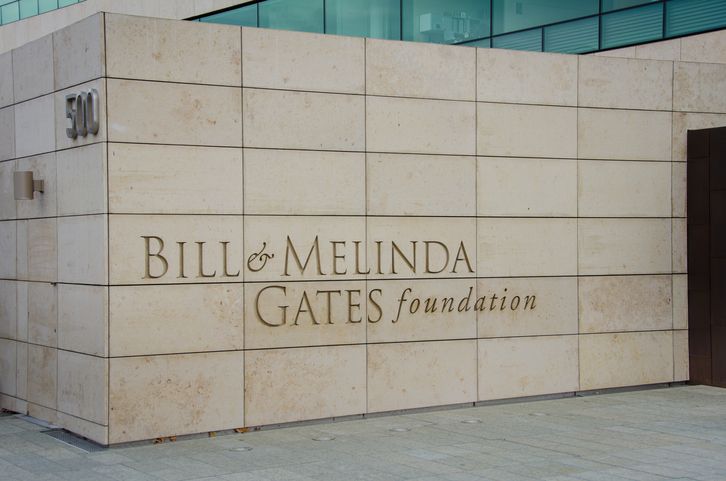- Microsoft founder Bill Gates and his wife Melinda have amassed the largest portfolio of private farmland in the US, according to The Land Report.
- The Gates’ own an estimated 242,000 acres of farmland as part of a broader 269,000-acre land portfolio across 19 states, with the largest holdings in Louisiana (69,071 acres), Arkansas (47,927 acres), and Arizona (25,750 acres).
- A spokesperson for Cascade Investment, which is chaired and controlled by Bill Gates, declined to comment on specific land holdings to The Land Report, but told the magazine it is “very supportive of sustainable farming.”
Why it matters:
Agrifood is one area where the couple have sought to put their substantial wealth to work. The Bill & Melinda Gates Foundation donated almost $20 million to the International Rice Research Institute between 2007 and 2010, in part to support its development of fortified rice varieties. It has also invested at least $100 million into the Alliance for a Green Revolution in Africa, which aims to enhance smallholder productivity using science and technology.
The Gates’ have invested in several agrifoodtech startups — either through their private foundation or other investment vehicles — including crop protection companies AgBiome and Enko Chem, dairy data platform Stellapps, food waste reduction player Apeel Sciences, and ‘lab-grown’ meat maker Memphis Meats.
Cascade Investment is a shareholder in plant-based protein companies Beyond Meat and Impossible Foods, as well as agricultural equipment maker John Deere.
Microsoft — where Bill continues in an advisory role and is among the largest individual shareholders — has launched a number of agritech initiatives globally, including in the US and India.
How do you feel about the Gates’ owning so many of America’s farm acres? What do you think it could mean for the future of US farming and food production? Join the conversation now on LinkedIn or Twitter, or email me at [email protected]





